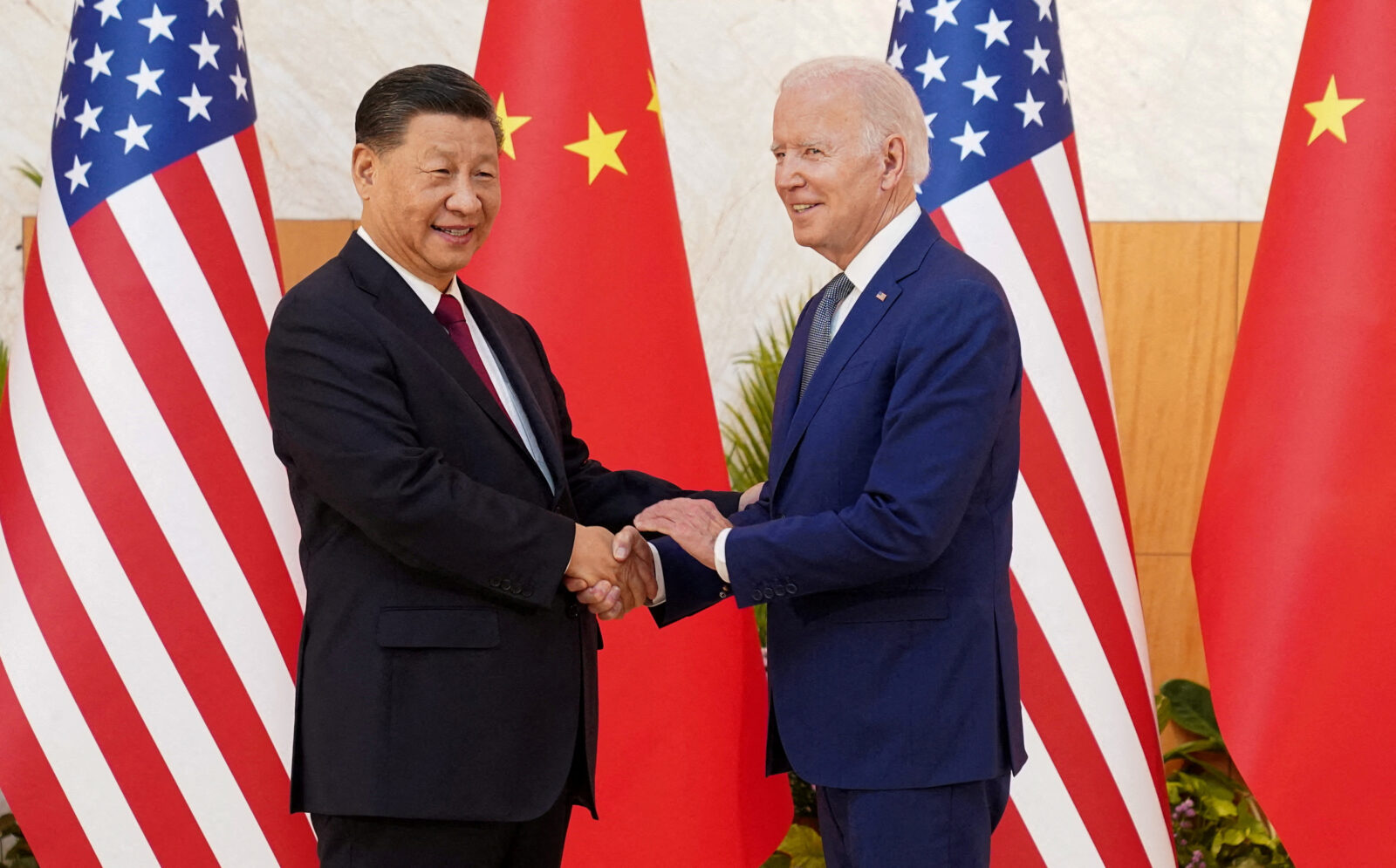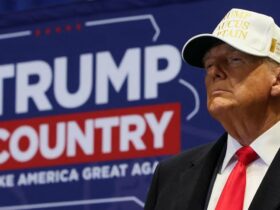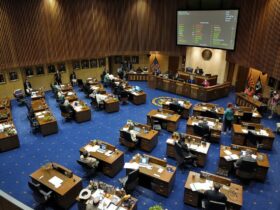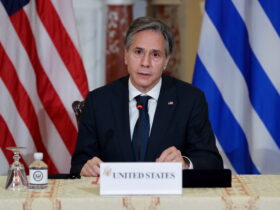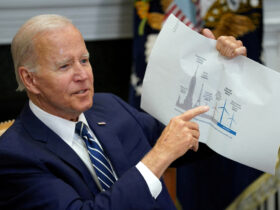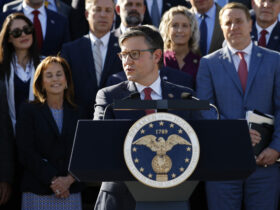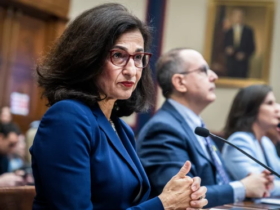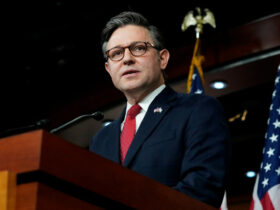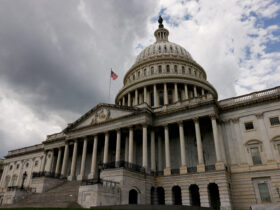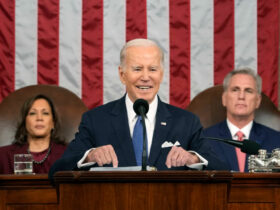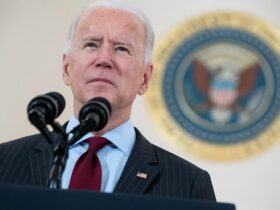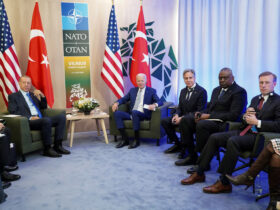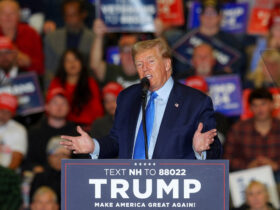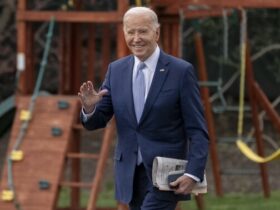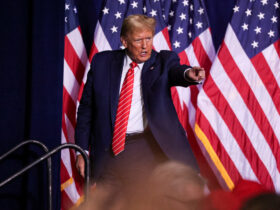United States: President Joe Biden has recently asked the United States Trade Representative to increase the tariff rate on steel and aluminum imports from China to three times as high as they presently are. The president is clearly trying to make an impression as he travels around the important battleground state of Pennsylvania.
Moreover, on Wednesday, the president is scheduled to visit the United Steelworkers building in Pittsburgh.
More about the increasing tariff
Biden’s demand for an increased tariff on imported steel from 7.5 percent to the average across this and aluminum products is an endeavor to clarify that his recent warning towards China’s aggressive trading behaviors is a stern appraisal and not an idle threat.
During a recent trip to China, Treasury Secretary Janet Yellen announced that the growth of the Chinese clean energy market could create an oversupply of items such as solar panels and electric vehicles, which may be able to outpace the growth of the market domestically, CNBC reported.
She expressed worry that once caught up, vendors might have the ability to be oversaturated and, therefore, supply unreasonably prices on the world market, which could possibly stifle the wheel of competition.
Conversely, during an interview, Sara Eisen, Yellen expressed the possibility of tariffs were not off the table if the over-capacity complaint were not addressed, after all.
Response by China
The Chinese government officials as well as state media have since evaded the accusation of oversupply saying that the nation’s abundance of supply is rather a product of “the constant innovation,” rather than the subsidizing of government.
Before load shedding the overcapacity problem, the Biden administration nearly doubled down on what it believes is a threat to global trade.
The National Economic Council Director Lael Brainard stated, “China’s policy-driven overcapacity poses a serious risk to the future of the American steel and aluminum industry,” on Tuesday, and “China cannot export its way to recovery. China is simply too big to play by its own rules.”
Balancing act by Biden in the prevailing situation
Biden’s decision to intensify the efforts of raising the tariffs comes as he is balancing the election-year politics with a sensitive geopolitical landscape and increased concerns about the strength of the US economy.
On the other hand, the White House is in the process of sorting out the icy relations with China afresh since the predecessor, President Donald Trump’s first round of China tariffs, which nearly provoked a full-fledged trade war, had panned out.
Tariffs can also unintentionally lead to ripple effects on the economy as the manufacturing costs of the US may end up being higher and remodeled on the consumers at a higher price.
Such a result would hardly be desirable at a time when Biden is already involved in a multi-annual tussle to curb the inflation that is still going on and to show the voters the effectiveness of his economic program.
On Tuesday, a senator administration representative of the administration negated the truth of tariff increases causing an inflation rate surge.
The official said, “If taken, these actions will not increase inflation, but they will protect American jobs and the steel industry,” and, “Residual inflation is not coming from goods; these actions will not change that.”
Moreover, a senior administration official on Tuesday stated, “It’s important that U.S. Steel remains a domestically owned and operated company,” and, “The president will make that clear again. He has told the steelworkers he will have their backs, and he means it.”

